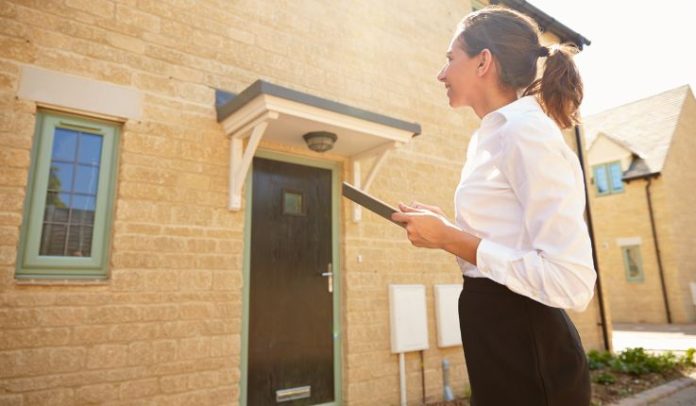Why do people refinance their mortgage loans?
Whether or not mortgage refinancing is for you is something only you can decide. It depends on your financial situation and your reasons for wanting to refinance.
People refinance their mortgages for many reasons, but these are generally related to the three main ones.
To Lower Their Interest Rate
A mortgage repayment usually consists of two parts – the principal and the interest. The principal is the money you actually owe the lender, while the interest is the fee charged by the firm for borrowing the money and undertaking the deal. Since the interest is part of the payment, it is easy to see why people would want a lower interest rate as it means a smaller payment.
Refinancing can also be desirable when one’s financial position improves. Suppose your credit rating has improved since you took out the mortgage loan. Depending on the lender and the specific loan, you may be eligible for a lower interest rate as you would present an even better risk for the lender.
To Change Mortgage Types
Oftentimes, people will refinance to change the kind of mortgage they have. This typically means from an adjustable-rate mortgage (ARM) to a fixed-rate product. This is because ARM loans often have very low-interest rates for an initial period such as three years.
After this, the rate will adjust to better reflect prevailing market conditions, and in times of rising interest, this could mean a huge increase in the monthly payments that they might not be able to make. Homeowners in this quandary often refinance their mortgages to fixed-rate loans to avoid future interest rate increases altogether.
To Liquidate Equity in Their Property
Some homeowners may need to cash in on the equity contained in their home. Perhaps they might need the money for a big outlay such as their children’s education, or to remodel their home, or for medical purposes.
The cash-out refinance can do this for them. What happens in this kind of a deal is that, during the loan closure, the borrower receives a cash payout based on the equity of the home.
Lenders require a certain minimum amount of homeowner equity (which is defined as the market value of the home minus any amount still owed in the mortgage) in the property before they will agree to a cash-out option.
A cash-out refinance should not be confused with a home equity loan. Although both leverage the equity of a property and are tax-deductible, there are differences. With a cash-out refinance, you have one loan and payment.
A home equity loan allows you to choose between a lump-sum payment or a revolving credit line. A mortgage refinances also usually lasts for a longer time than a home equity loan, and you can therefore spread the payments over a longer period. It is best to seek the advice of a professional if you need advice on specifics as the packages lenders offer vary in the details.

